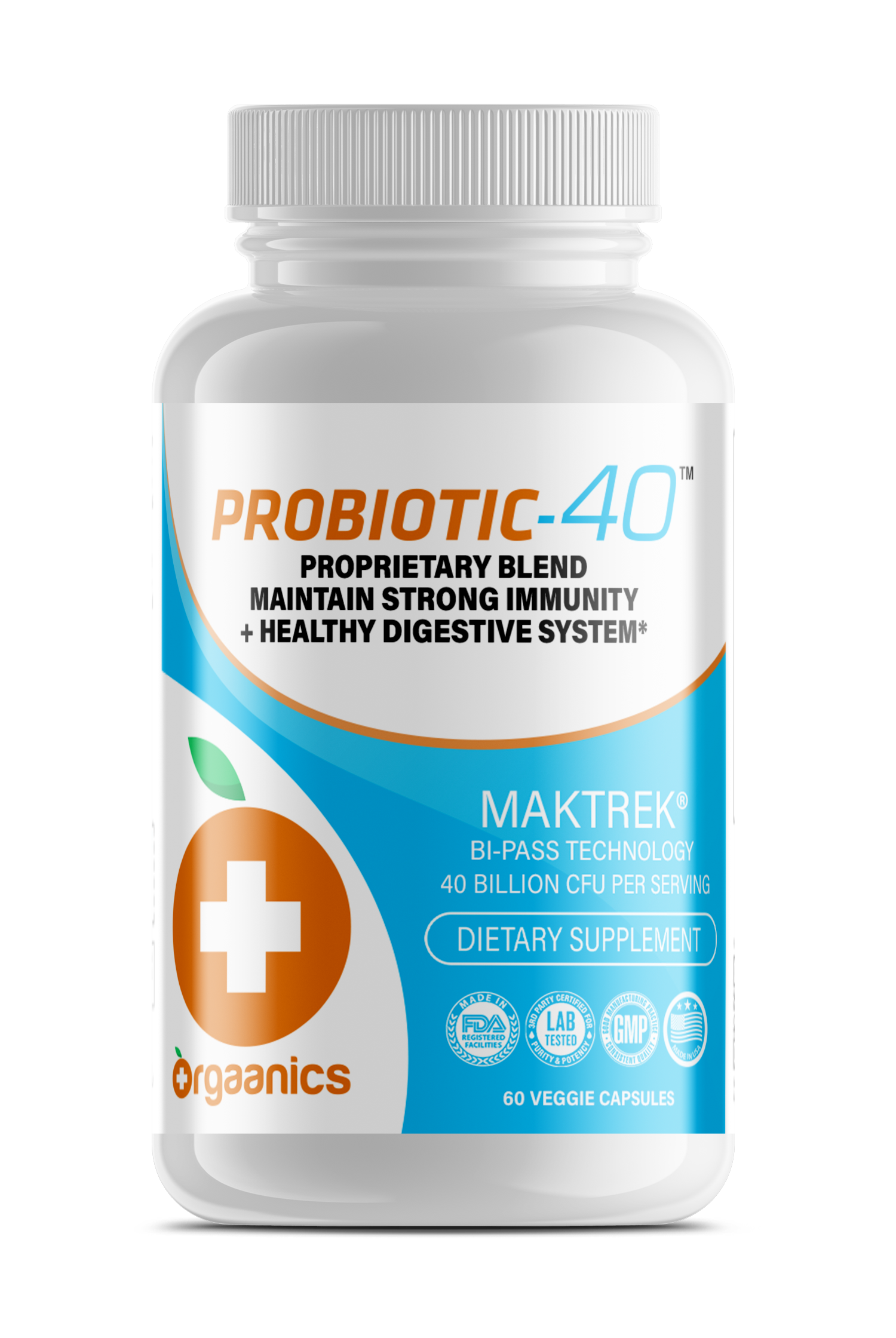Abdominal bloating is a pesky symptom that most people experience repeatedly throughout their life. It can be caused by a variety of things, most of which are fairly harmless and can be treated with simple measures. Bloating is most commonly caused by food-based indigestion or a buildup of gas in the digestive system. As long as bloating is reduced within a day or two there is typically no cause for concern.
Common Causes of Abdominal Bloating
There are many very common causes of bloating and the symptoms that accompany it. Bloating typically follows a 1-3 day pattern and will remedy itself naturally. The reasons below are the standard triggers for abdominal bloating.
Gas
The most common cause of bloating is a buildup of non-harmful gas in the stomach and intestinal tract. Gas-related bloating typically only causes mild discomfort. However, painful cramps or severe nausea can also accompany bloating caused by gas.
Indigestion
Indigestion is a mild to moderate stomach discomfort that everyone experiences to some degree from time to time. Indigestion will typically subside in a few days. Everyday causes of indigestion include:
• Overeating
• Eating foods that don’t agree with you (spicy food, excess sugar, excess acid, etc.)
• Medications that cause stomach irritation
• Overuse of caffeine or alcohol
Intolerance to Certain Foods
One of the most common causes of bloating, gas and stomach cramps is food intolerance. Examples of food intolerances include:
• Lactose intolerance
• Gluten allergy
• Intolerance to spicy foods
By simply noticing which foods lead to bloating, you can avoid those foods or only use in moderation to prevent bloating in the future.
Stomach Infection
There are many types of mild stomach infections that can cause bloating, gas and nausea. These mild stomach infections typically go away within a few days. It is important to drink plenty of water to prevent dehydration as the stomach infection remedies itself. If bloating and other stomach-related issues do not resolve within a few days, calling your doctor is your best bet.
Disruption in Bacteria Balance
While bacteria often has negative connotations, your stomach and intestinal tract have a variety of “good” bacteria that helps your body digest food. When the balance of the various kinds of bacteria is disrupted, it can lead to an excess of “bad” bacteria in the small intestine. This leads to trouble breaking down food and absorbing the nutrients within the food, leading to bloating.
Constipation
When the microbiota in your gut interacts with trapped stool, an excess of gas is produced in your colon. This leads to bloating and constipation. This is typically remedied naturally.
Simple Remedies to Treat Bloating
There are many different options and remedies to safely treat bloating and subsequent symptoms at home. Some of the most common remedies include:
• Lying down with a heating bad on the stomach
• Common drugstore medicines such as an antacid or a product containing bismuth salicylate
• Cleansing the system by drinking a lot of water
• Drinking teas with ingredients that are used for calming the stomach, such as peppermint tea
• Drinking carbonated water to calm the digestive tract
Or you can take Probiotic-40. If you suffer from excess gas, bloating, constipation, leaky gut, or digestive, weight and intestinal health issues, then adding Probiotic-40 daily to your diet may give you the relief you need. Order Probiotic-40 from Orgaanics today!

